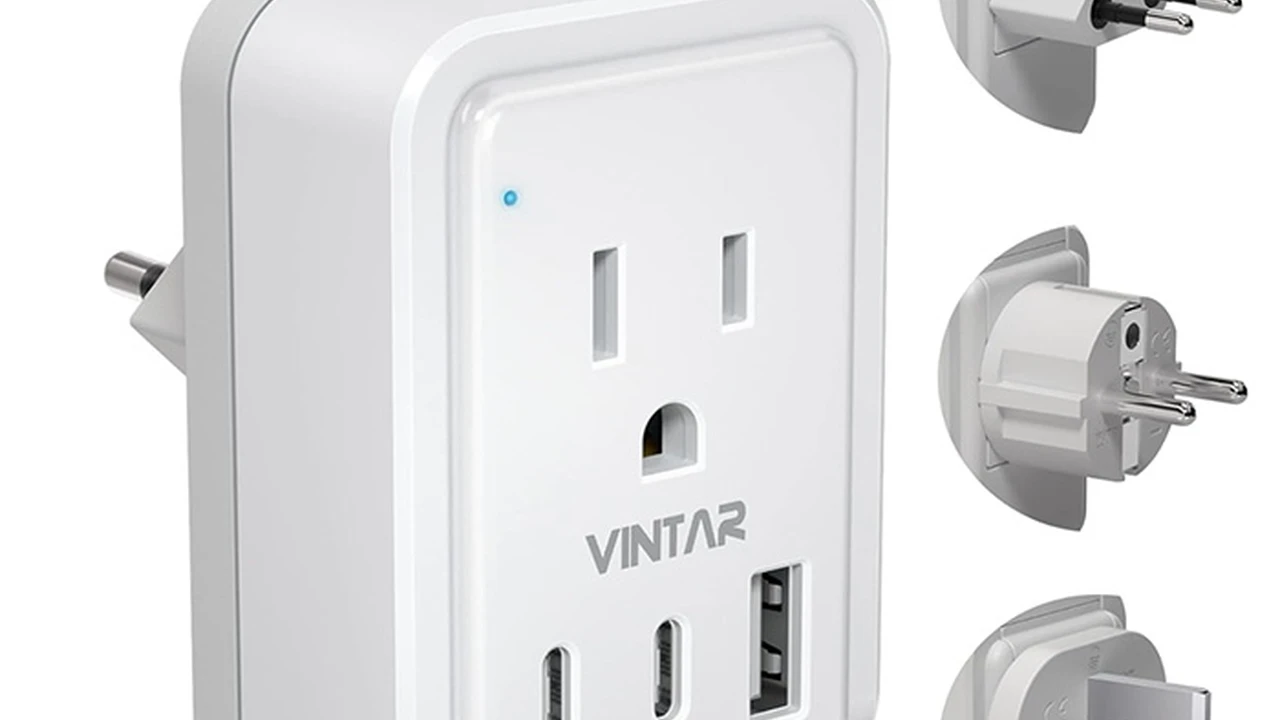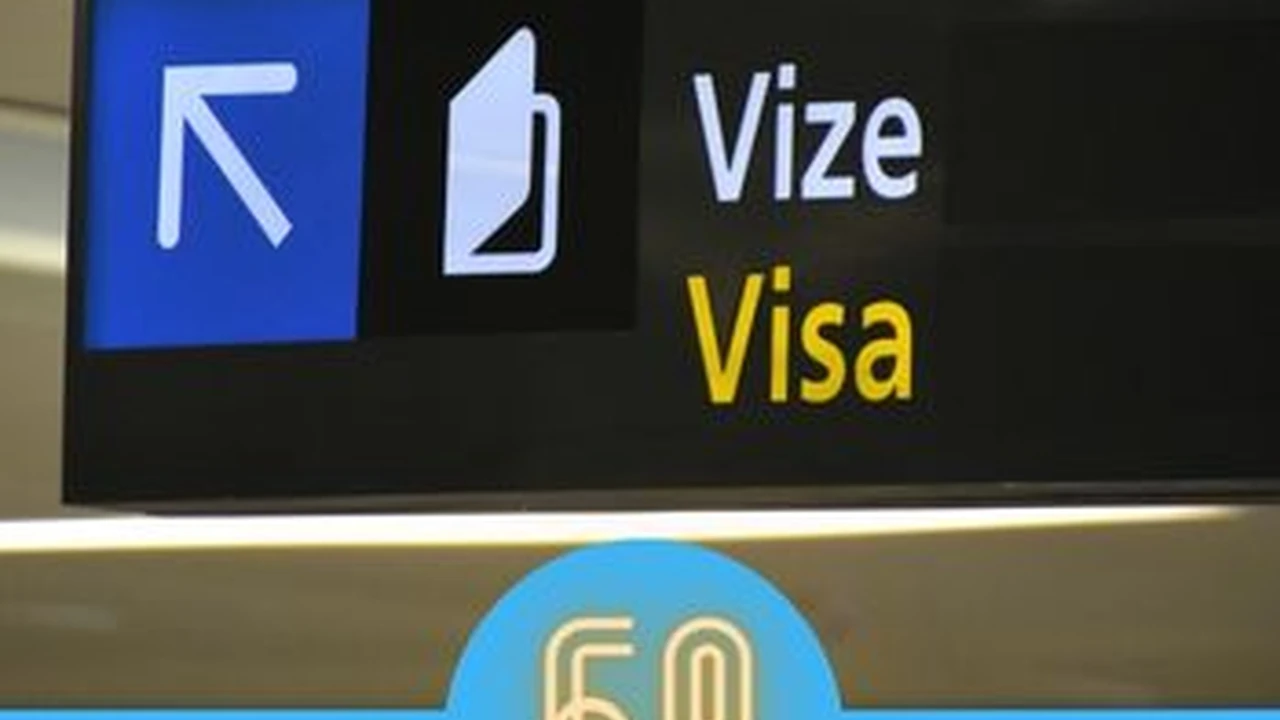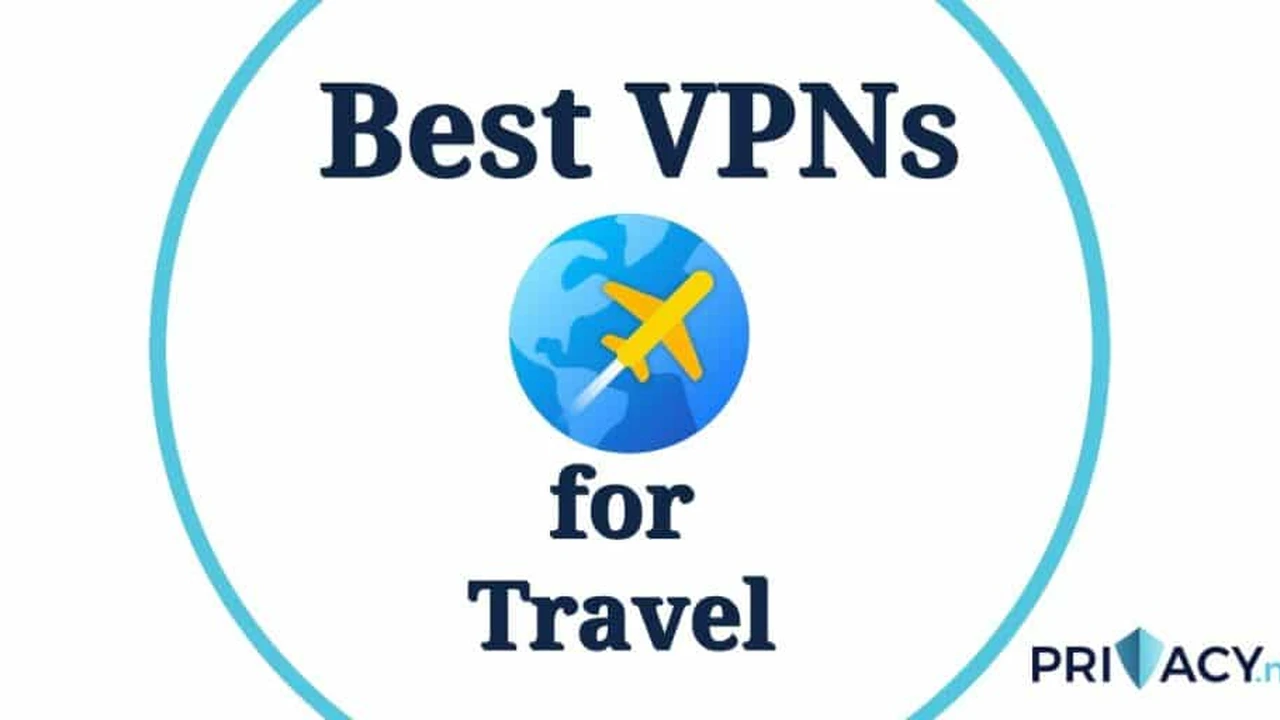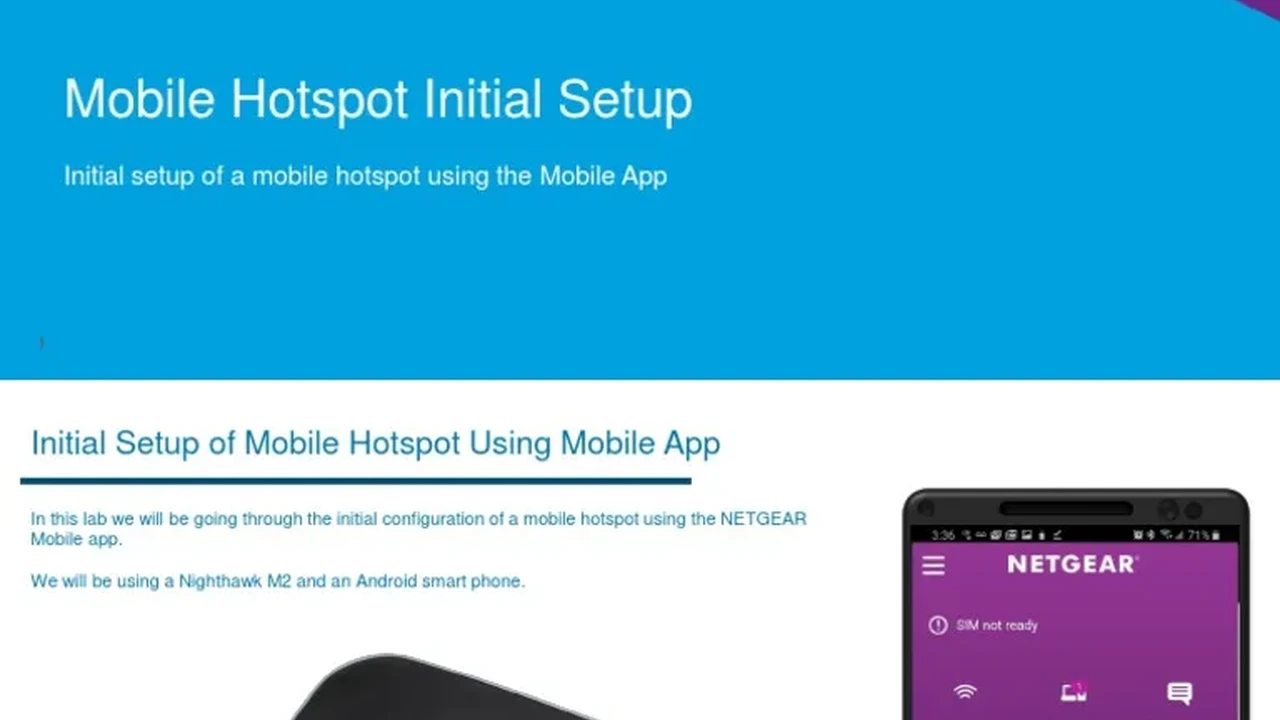Digital Nomad Visa Guide
Unlock your global office with our Digital Nomad Visa Guide. This essential resource details visa options for US citizens seeking remote work opportunities in Southeast Asia. Explore entry requirements, application processes, and tips for staying compliant with local regulations.
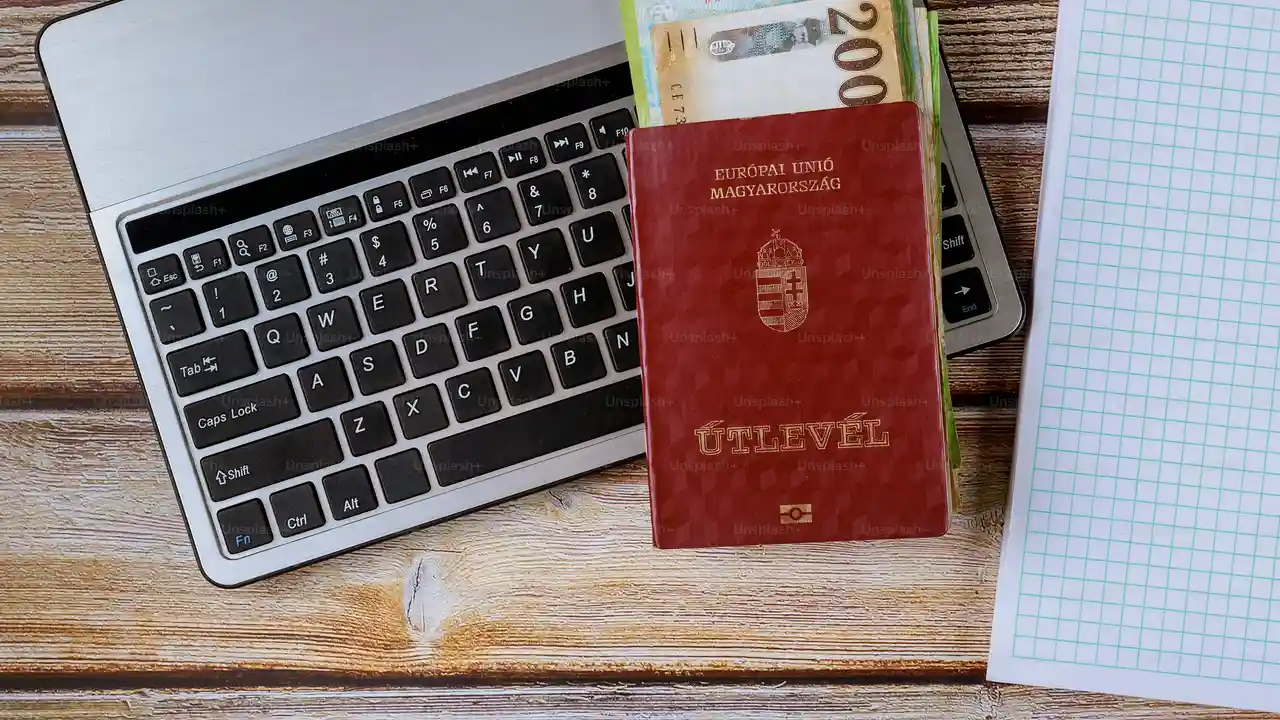
What is a Digital Nomad Visa and Why You Need One
So, you're dreaming of beaches, bustling markets, and working from a hammock, right? That's the digital nomad life! But before you pack your bags and hop on a plane, let's talk about the not-so-glamorous, but super important stuff: Visas. A digital nomad visa is basically your permission slip to legally live and work in a foreign country as a remote worker. Without it, you're risking fines, deportation, and a whole lot of stress. Think of it as the key to unlocking your global office.
Southeast Asia: A Digital Nomad Hotspot
Southeast Asia is a magnet for digital nomads, and for good reason! It's got stunning scenery, delicious (and cheap!) food, a vibrant culture, and a relatively low cost of living. Countries like Thailand, Indonesia (Bali!), Malaysia, and the Philippines are all vying for your attention, each offering its own unique charm and challenges. But navigating the visa situation in each country can be a bit of a maze.
Visa Options for US Citizens: Your Passport to Paradise
Alright, let's get down to brass tacks. As a US citizen, you have a few options for staying in Southeast Asia legally. These options vary depending on the country and your length of stay:
- Tourist Visa: This is the most basic option, allowing you to stay for a limited time (usually 30-90 days). It's great for a short trip, but not ideal if you plan to work remotely. Remember, working on a tourist visa is often illegal!
- Visa Runs: Historically, some nomads relied on visa runs – crossing a border to renew their tourist visa. However, this practice is becoming less reliable and can raise red flags with immigration officials. Not recommended!
- Special Tourist Visa/Long-Stay Visa: Some countries offer specific visas designed for tourists who want to stay longer. These often require proof of funds and may have restrictions on employment.
- Digital Nomad Visas (Where Available): This is the holy grail! A few countries are starting to offer dedicated digital nomad visas, designed specifically for remote workers. These visas typically have specific requirements, such as minimum income levels and proof of employment.
- Business Visa (If Applicable): If you have a registered business, you might be able to obtain a business visa, allowing you to conduct business activities in the country.
Thailand: The Land of Smiles and Potential Visas
Thailand is a perennial favorite among digital nomads. While Thailand doesn't have a dedicated \"digital nomad visa\" *yet*, there are ways to extend your stay legally:
- Tourist Visa Extension: You can typically extend a tourist visa once for an additional 30 days.
- Thai Elite Visa: This is a long-term visa (5-20 years) that offers various benefits, but it comes with a hefty price tag (starting around $15,000 USD).
- Non-Immigrant Visa (Based on Education or Investment): If you have a degree or plan to invest in Thailand, you might be eligible for a non-immigrant visa.
Indonesia: Bali Beckons (and Visas Can Be Tricky)
Bali is *the* place to be for many digital nomads. However, Indonesia's visa situation can be a bit complex. Keep an eye out for potential digital nomad visas, as the discussion is ongoing. For now, here's what you need to know:
- Visa on Arrival (VoA): This allows you to stay for 30 days and can be extended once for another 30 days.
- B211A Social-Cultural Visa: This visa allows you to stay for up to 60 days and can be extended multiple times, for a total stay of up to 180 days. You'll need a sponsor to apply for this visa.
Malaysia: Modernity and Visa Options
Malaysia offers a good mix of modern amenities and cultural experiences. They have launched the DE Rantau Nomad Pass. This pass is available to foreign digital nomads and freelancers, allowing a stay of 12 months. The pass is available for tech, digital marketing, and digital creative content professionals.
- DE Rantau Nomad Pass: This pass allows a stay of 12 months for digital nomads and freelancers.
- Tourist Visa: Available for a limited time (usually 90 days).
Philippines: Island Hopping and Visa Considerations
The Philippines offers stunning beaches and a vibrant culture. Here are some visa options:
- Tourist Visa: Allows you to stay for a limited time (usually 30 days), and can be extended.
Essential Tips for a Smooth Visa Application
No matter which visa you're applying for, keep these tips in mind:
- Do Your Research: Visa requirements can change frequently, so always check the official government website for the latest information.
- Start Early: The application process can take time, so start well in advance of your planned travel dates.
- Gather All Required Documents: Make sure you have all the necessary documents, such as your passport, photos, and proof of funds.
- Be Honest: Don't try to hide anything from immigration officials. Honesty is always the best policy.
- Seek Professional Advice: If you're unsure about anything, consider consulting with a visa expert or immigration lawyer.
Recommended Products: Travel Insurance for Digital Nomads
Travel insurance is *essential* for digital nomads. It covers medical expenses, trip cancellations, lost luggage, and other unexpected events. Here are a few popular options:
- SafetyWing Nomad Insurance: Specifically designed for digital nomads, offering comprehensive coverage at an affordable price. Starts around $45/month.
- World Nomads: Another popular option, offering a range of coverage options for different activities and destinations. Prices vary depending on your trip.
- Allianz Travel Insurance: A well-known insurance provider, offering various travel insurance plans. Prices vary depending on your coverage needs.
Comparison: SafetyWing is generally the most affordable option for long-term travel, while World Nomads offers more flexibility in terms of activities covered. Allianz can be a good option if you want a more traditional insurance provider.
Staying Compliant: It's Not Just About the Visa
Getting a visa is just the first step. You also need to be aware of local laws and regulations, including tax laws, labor laws, and cultural norms. Remember, you are a guest in their country. Respect their culture and rules.
Final Thoughts: Be Prepared and Enjoy the Adventure!
Navigating the visa process can be daunting, but with careful planning and research, you can legally live and work in Southeast Asia as a digital nomad. So, do your homework, stay informed, and get ready for an amazing adventure!
:max_bytes(150000):strip_icc()/277019-baked-pork-chops-with-cream-of-mushroom-soup-DDMFS-beauty-4x3-BG-7505-5762b731cf30447d9cbbbbbf387beafa.jpg)



